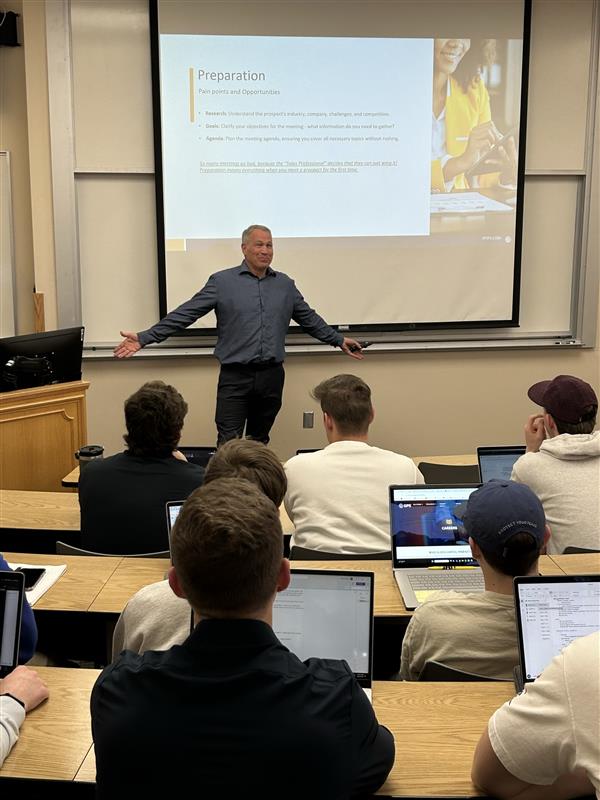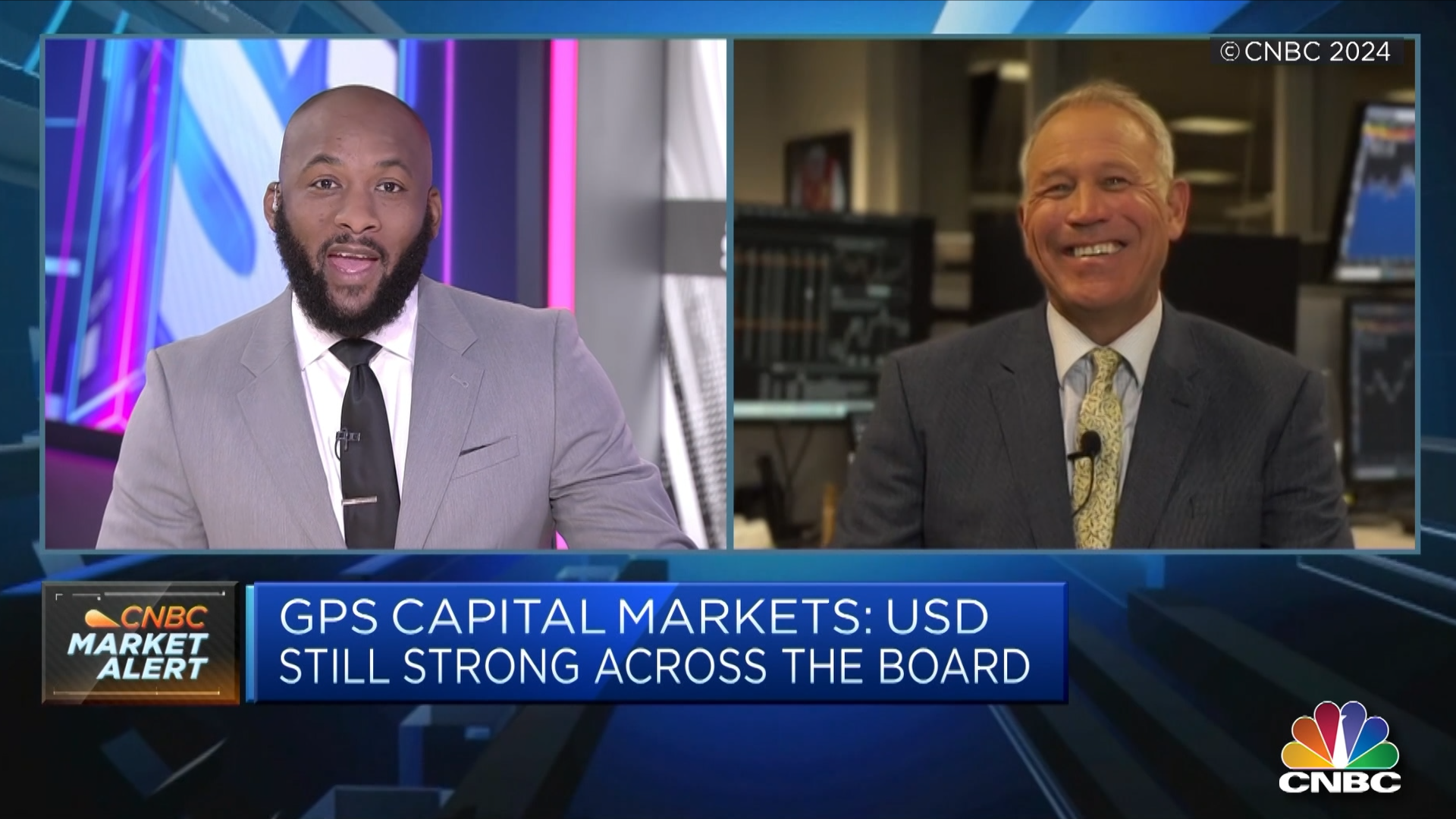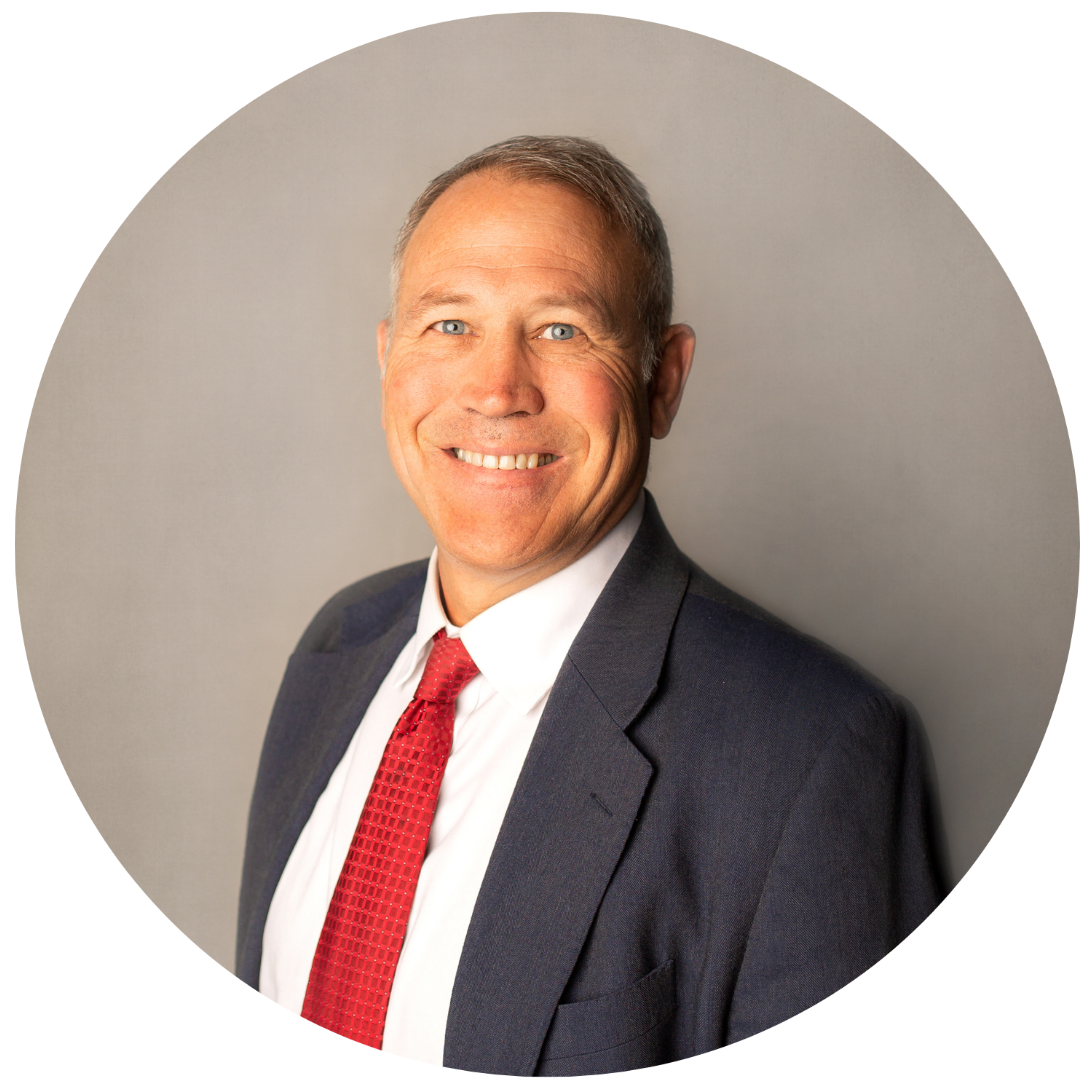FXbeacon: Giving Back
Years ago, I read the book Rich Dad Poor Dad by Robert Kiyosaki. In the book, Kiyosaki teaches the concept called the “Law of Reciprocity,” where you reap the rewards both tangible and intangible by helping others. This is a concept I firmly believe in and rely on to guide my life. The company I’ve worked at for 22 years and helped build, GPS Capital Markets gives each employee one day a year to give back to the communities where we live. Last week I took advantage of this to deliver almost 19,000 pounds of food to the Utah Food Bank.
Over the years I have learned that for me, giving back to others pays much better than anything else I do. Although I love giving to charity, I also believe very highly in education and helping other people succeed in their careers. To this extent, I’d like to point out a few ways to give back that can be invaluable.
Influencing beyond the screen
Several times a year I guest lecture at the local universities. A few weeks ago, one of my connections on LinkedIn started a new job at PWC and I happened to like his post on LinkedIn. I got this unexpected response back from him, “Thanks, David! I shifted away from core audit to treasury and foreign exchange due in part to your presentation at BYU. Looking forward to the journey!” For me personally, it made my day to see I was influential in someone’s life, to the point that they modified their career trajectory.

One of the most recognizable things I do is appear on TV shows like CNBC discussing the markets and what is going on globally. I think this is very uncomfortable, and stressful. But, having spent many years in the FX field, I feel like my knowledge can help others. I’m not so sure that I get much back from this, but I feel obligated to share what I know with others.
Today, it’s easier than ever to connect, collaborate, and share parts of ourselves with others. Yet, the challenge lies in how we contribute authentically and meaningfully, especially when sharing our knowledge and resources. Whether we’re mentoring, teaching, or offering guidance, our actions often have a more profound impact than we realize. For example, one LinkedIn connection recently reached out to thank me for influencing his career shift from core audit to treasury and foreign exchange after attending one of my presentations at BYU. Moments like these are a reminder that what we do matters more than we think.
However, stepping into the spotlight, such as appearing on shows like CNBC, brings its own set of challenges. Many may perceive this visibility as glamorous, but for me, it often feels stressful and uncomfortable. Despite the discomfort and stress, I continue to participate because I believe my years of experience in the FX field can genuinely help others. It’s not about what I get in return, but rather a sense of responsibility to share what I’ve learned, knowing that even in a public forum, my insights might make a difference.

Giving at the heart of GPS
When GPS Capital Markets was founded 22 years ago, the goal was to approach business differently. Our mission was to use our knowledge to help treasury clients improve—analyzing, predicting, and responding to markets with precision and agility. My primary focus was ensuring our team had the training needed to guide clients in making informed decisions about managing global exposures. Over time, this evolved into developing tools that provided clients with greater visibility and oversight of their exposures, enabling them to make strategic decisions. It’s remarkable that, even with all the technology available today, achieving this level of clarity remains a challenge.
GPS Capital Markets has developed a full suite of International Treasury management tools. These tools help make very complex tasks easy. For instance, our intercompany netting tool allows clients to look at all of their global intercompany invoices, and rather than pay them one wire at a time, they can now send one transfer for their netted total and make book entries for the remainder. Our Balance Sheet hedging tool looks at global FX exposure, and again nets exposures at the parent company, while allowing hedging at the Subsidiary. We don’t charge for these tools; they are designed to make life better for our clients.
Then once clients can identify accurately what their exposures are to put together a program to hedge those exposures that suit their specific company’s needs. With most companies, I spend a lot of time getting to know how their business works, and what type of concerns they have. All companies are not equal and can have varying needs depending on their industry and even competitors. From there, I usually put together 3-4 different ideas on ways to implement and manage their currency exposure. Going through these ideas in detail with the client allows them to see that there are many ways to manage exposure and choose the correct one for their situation.
So, how does this education and training both internally and externally help me? My clients are loyal and tend to bring business to me even when they move companies. Additionally, if you look at GPS compared to other FX businesses you will see that our client turnover is significantly lower. If we help clients make good decisions, they will pay us back with their loyalty.
Want to be more successful and happier in life? Look at what you can do for others first, the Law of Reciprocity will bring you much more reward than what you spent in giving back.
About the Author:
David Pierce has 35 years of experience in the foreign exchange markets. Dave is passionate about training and giving clients the best possible experience. Dave is devoted to his family both at work and home. If you don’t run into Dave enjoying the outdoors, he is most likely on a plane heading somewhere to educate people on FX markets.

